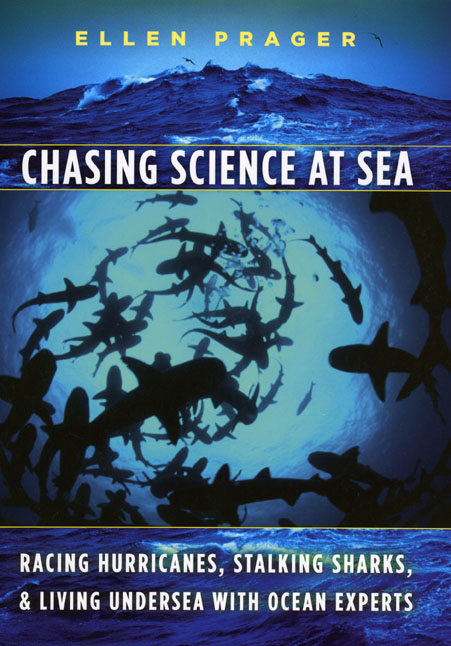Tempests at Sea
 As of posting time, the latest in a series of strong storms swirling in the Atlantic ocean, Hurricane Ike, was about 50 miles west of Cuba, and moving westward at 14 mph, according to the Weather Channel. Though with landfall, Ike had weakened to a category two storm, with winds near 100 mph, meteorologists predict the hurricane will strengthen as it moves into the Caribbean Sea. Current projections have Ike pointed toward the still-recovering Gulf Coast of Mississippi, Louisiana, and Texas, with landfall possible this weekend.
As of posting time, the latest in a series of strong storms swirling in the Atlantic ocean, Hurricane Ike, was about 50 miles west of Cuba, and moving westward at 14 mph, according to the Weather Channel. Though with landfall, Ike had weakened to a category two storm, with winds near 100 mph, meteorologists predict the hurricane will strengthen as it moves into the Caribbean Sea. Current projections have Ike pointed toward the still-recovering Gulf Coast of Mississippi, Louisiana, and Texas, with landfall possible this weekend.
The Gustav-Hanna-Ike chain of hurricanes comes just as Nature reports that hurricanes are becoming more virulent, and global warming may be the cause.
A busy hurricane season can be a nightmare for residents in the storms’ path, but for ocean scientists like Ellen Prager, author of the book Chasing Science at Sea: Racing Hurricanes, Stalking Sharks, and Living Undersea with Ocean Experts, the busy tropics remind them of the awesome power of the atmosphere and the ocean. Between stopovers on the way to the Galapagos, Prager was good enough to share some of her thoughts on the storms:
As we approach the peak of hurricane season, Hurricane Ike looms large, while at the same time foreshadowing what may be yet to come. Monster storms rightly evoke fear and worry, but for ocean scientists like myself, we cannot help but also be fascinated. When talking with relatives, friends, or the public, we emphasize the hazards and the need to be prepared and evacuate as needed. But at the same time, all we really want to do is to see it firsthand and watch as the extremes of nature are showcased. While others hightail it to safety, we are surely tempted to remain behind or go to the site of impact. But staying in the path of a hurricane put more than just you in danger—by staying behind, you put others at risk as well, especially emergency response personnel.
Common sense usually prevails, especially if, like me, you have experienced a hurricane’s raging winds and towering waves at sea or have heard from friends and colleagues who have firsthand experience with such storms. My friends that went through Hurricane Hugo in St. Croix had their home literally ripped apart as they crawled out amid flying debris. Thankfully and amazingly, they made it out without injury, but they vowed to evacuate the next time around. For my colleagues who experienced Andrew in their homes in Miami, they also say, “never again”.
Yet, I cannot help myself. When a hurricane threatens, I am glued to the Internet and television, waiting for the next update, looking for clues as to what the storm will do next. Part of my fascination with hurricanes comes from my endless curiosity about the sea and atmosphere, but it is also fueled by the mystery of such storms—what we don’t yet know or are unable to predict. While we have advanced far in our ability to predict the track of storms within three days, forecasts further out in time remain much less precise and intensity predictions are far less accurate. And even with instrument-laden planes flying into the very worst of storms, a multitude of high-tech computer models to predict their behavior, and many expert meteorologists, hurricanes can still surprise us with their movement—or lack thereof—and changes in intensity.
And then what about climate change? Is global warming impacting hurricanes? Scientific research suggests that while the frequency or number of storms per year may not be affected, the intensity of hurricanes could be on the rise. But there are also reports that refute this, so it remains uncertain, though I think the data indicate storms with greater intensity in the future. In truth, though, what really matters is not how many storms or even how intense they are, but what track they will take and how many will make landfall. Strong hurricanes, no matter how many, out at sea are impressive, but it just takes one major hurricane to make landfall on a densely populated or unprepared coast to cause a disaster.
So while those like me will continue to be fascinated by hurricanes, safety and common sense prevails and like others we retreat when Mother Nature whips up a tempest at sea.